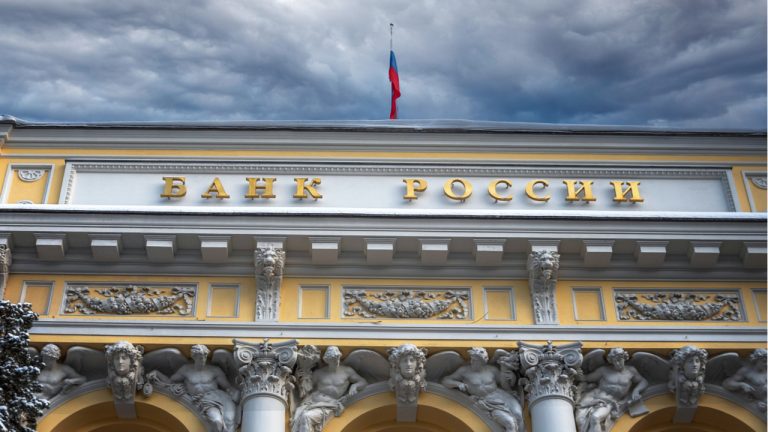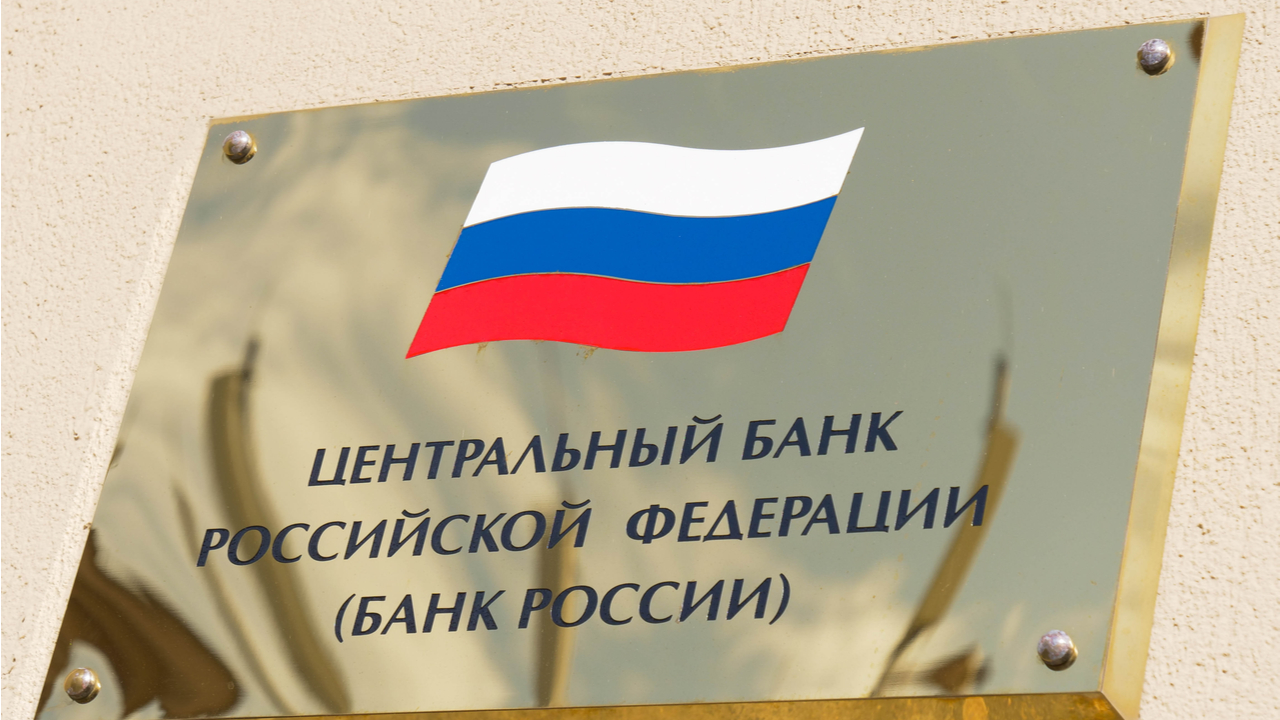
Russia’s central bank has examined three platforms offering crypto-related services. The projects have been tested in its regulatory sandbox in the course of 2020. Bank of Russia has received dozens of requests to pilot various financial services since it created the closed regulatory environment around three years ago.
CBR Pilots 3 Crypto Projects in 2020
The Central Bank of the Russian Federation (CBR), also known as Bank of Russia, launched the sandbox back in 2018, when developments in financial technology and decentralized digital assets presented regulators with a new set of challenges. Since the start of the initiative, over 70 entities, including financial institutions and fintech companies, have asked the regulator to test their new products, services, technologies, and business models.

CBR’s 2020 annual report published recently reveals that the bank admitted three crypto platforms to the sandbox last year. Centrobank reviewed the operation of a cryptocurrency mining pool, a crypto payment system and a digital assets investment platform, RBC reported. No details have been provided regarding the current results from the testing but in case of a positive outcome, the Bank of Russia is expected to present a road map for their integration within the legal framework governing Russia’s financial sector.
Bank of Russia Provides ‘Safe Space’ for Crypto Projects
In July, the Russian parliament adopted a federal law providing for the establishment of special legal regimes for the testing of digital innovations, including in the financial industry. The central bank uses its regulatory “safe space” to examine the potential effects of such projects in an isolated environment and identify risks associated with innovative financial services and technologies. The CBR can also define the steps that need to be taken in order to create conditions for their implementation in the market.

Bank of Russia has in the past opposed the legalization of cryptocurrencies in the country but offered to permit crypto mining, as long as miners sell their coins outside Russian borders. With the Law on Digital Financial Assets coming into force in January, digital coins are now recognized and regulated as property.
However, Russians cannot use cryptocurrencies for payments, government officials are not allowed to own crypto, and investments are capped for ordinary citizens. Earlier this year, an annual limit of 600,000 rubles (around $8,000) was introduced for crypto investments by “non-qualified” participants in the market.
The central bank is currently working on a digital ruble project and is expected to present the first prototype of the CBDC platform by the end of this year. If everything goes according to its initial plan, the testing phase should begin in 2022. Last summer, CBR presented an updated concept of the digital ruble, following consultations with Russian financial institutions aimed at creating a digital currency that’s more convenient for the banking sector.
What’s your opinion on the testing of crypto-related products and services in regulatory sandboxes? Share your thoughts on the subject in the comments section below.
Comments
Post a Comment